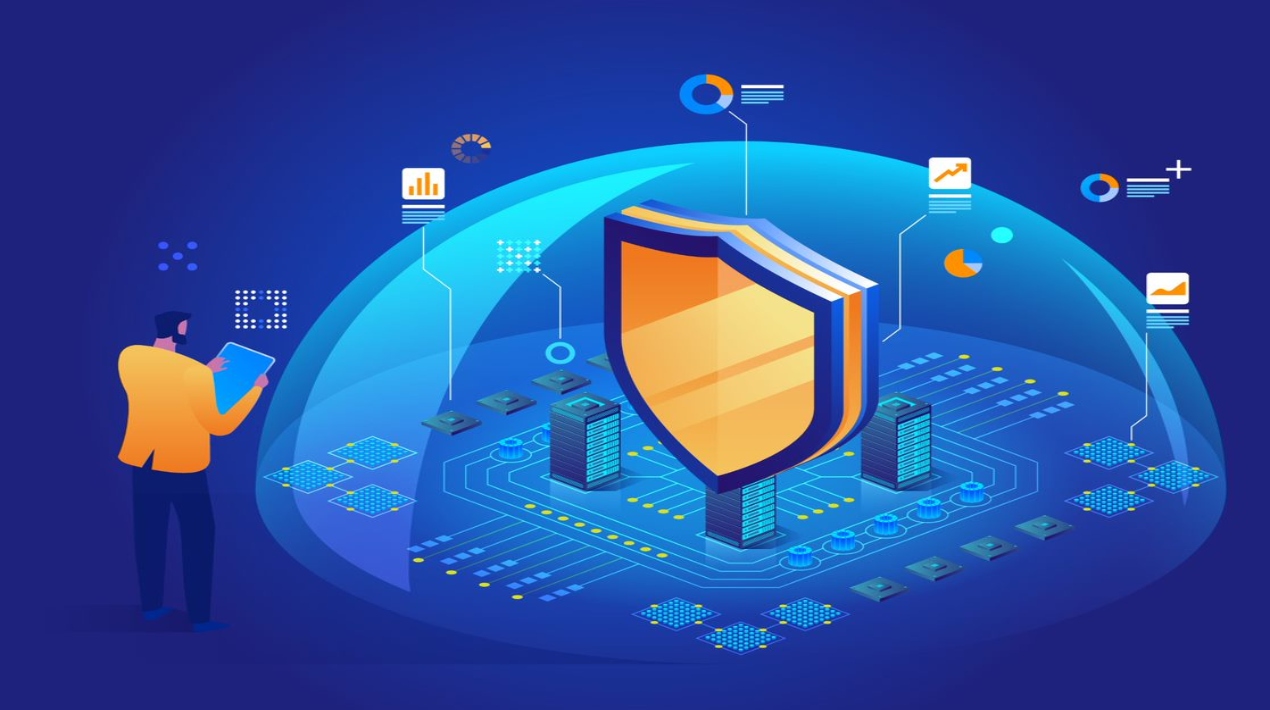
The National University of Singapore (NUS) School of Computing recently hosted the inaugural Critical Infrastructure Defence Exercise (CIDeX), which was organised by the Digital and Intelligence Service (DIS). Over 100 people from the DIS and 16 other national agencies working in the Critical Information Infrastructure (CII) sectors took part in the cyber defence exercise.
The largest Operational Technology (OT) Critical Infrastructure defence exercise, CIDeX is supported by the Cyber Security Agency of Singapore (CSA), iTrust/SUTD, and the National Cybersecurity R&D Laboratory (NCL).
CIDeX is designed to train and strengthen the Whole-Of-Government (WoG) cyber capabilities to detect and address cyber security threats to Information Technology (IT) and OT networks that control the operations of critical infrastructure.
Over the course of the two days, members of the Blue Teams, which included individuals from the national agencies acting as cyber defenders, guarded the exercise’s digital infrastructure, which included an enterprise IT network and three OT testbeds that replicated a water treatment plant, a water distribution plant, and a power grid system, from real-time simulated cyber-attacks launched by a composite Red Team made up of DIS and CSA personnel.
Attacks on the IT network and OT testbeds were included in exercise scenarios. These attacks included poisoning the water treatment plant, stopping water distribution, and cutting off the power supply—all of which intended to disrupt operations and have a negative impact on the way of life. By using cyber tools to track, identify, and block Red Team cyberattacks, participants improved their technical knowledge and intuition for defending cyber networks.
In order to strengthen and perfect their cyber defence competencies prior to the exercise, the participants completed a three-day hands-on training course at the Singapore Armed Forces (SAFexpanded )’s Cyber Defence Test and Evaluation Centre (CyTEC) at Stagmont Camp.
Alongside the exercise, Defence Cyber Chief (DCC) Brigadier-General (BG) Edward Chen and CSA’s Deputy Chief Executive (Development), Gaurav Keerthi, inked a Joint Operations Agreement (JOA) between the DIS and CSA. A framework for collaboration and cooperation in joint operations and capability development is established by the CSA-DIS JOA, which will help create a secure national cyberspace.
The DIS is aware of the need of cultivating close cooperation with CSA and other national agencies in safeguarding Singapore’s cyberspace, according to BG Edward, who emphasised the need for close partnership in securing Singapore’s cyberspace.
He acknowledged that the Joint Operations Agreement between the CSA and the DIS is a significant step in broadening their alliance and institutionalising their existing collaboration in areas like joint cyber training. They give the national cyber defenders a forum to practise together and improve their capacity to defend Singapore’s critical infrastructure systems by cooperating on massive cyber exercises like CIDeX.
Furthermore, CSA’s Deputy Chief Executive Gaurav remarked that cybersecurity is a collaborative effort, and the CSA welcomes the Digital and Intelligence Service to this team. The CSA has a long history of collaboration on national cyber defence with MINDEF/SAF.
Exercises like CIDeX guarantee that everyone is ready for cyber crises and emergencies. The CSA-DIS Joint Operations Agreement confirms SAF’s sustained assistance for Singapore’s cyberspace defence.
OpenGov Asia recently reported that the DIS had been launched by the Service of the Singapore Armed Forces (SAF). As the SAF’s fourth military service or branch, it is responsible for defending the nation from evolving and intricate digital and electronic threats in cyberspace.
The SAF’s existing command, control, communications, computers, and intelligence (C4I) and cyber capabilities are combined and integrated into DIS, according to the Ministry of Defence (MINDEF). DIS consists of a Service Headquarters (HQ), a Digital Ops-Tech Center, four Commands, and a few Joint and Cyber Staff departments.
















